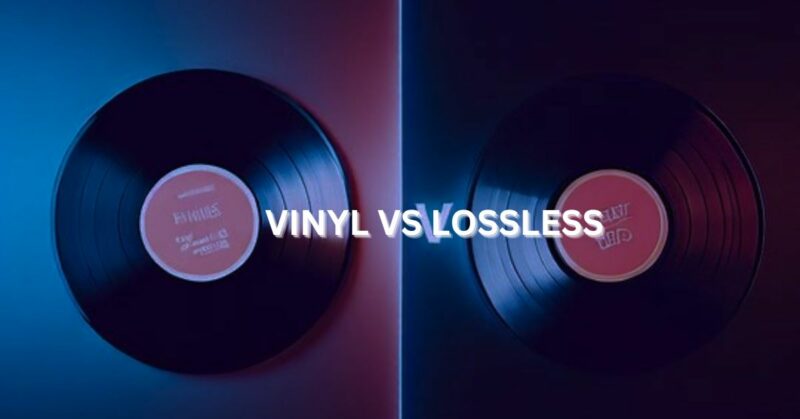In the realm of music enthusiasts, the debate between vinyl records and lossless audio formats has long been a topic of discussion. Both mediums offer unique experiences and boast their own set of advantages and disadvantages. In this article, we will delve into the world of vinyl records and lossless audio, exploring their characteristics, differences, and why each has its dedicated following.
Understanding Vinyl Records
Vinyl records have a rich history that spans over a century. They became popular in the mid-20th century and dominated the music industry until the rise of digital formats. Vinyl records are analog, meaning they capture and reproduce sound waves in a continuous manner. They offer a tactile experience, with larger artwork and a distinct warmth and character that some argue is unparalleled.
Exploring Lossless Audio
Lossless audio refers to digital formats that preserve the full quality of the original recording. Common lossless formats include FLAC (Free Lossless Audio Codec), ALAC (Apple Lossless Audio Codec), and WAV (Waveform Audio File Format). Lossless audio retains all the details and nuances of the original recording, delivering high fidelity sound without any compression or data loss.
Sound Quality: Vinyl vs. Lossless
When it comes to sound quality, both vinyl records and lossless audio have their merits. Vinyl records have a unique sonic signature, often described as warm, organic, and nostalgic. They can reproduce a wide dynamic range, particularly in the midrange frequencies. However, vinyl is susceptible to imperfections such as surface noise, pops, and crackles, which some listeners find charming, while others find distracting.
On the other hand, lossless audio formats offer pristine sound quality. They faithfully reproduce the original recording without any degradation, providing a detailed and accurate representation of the artist’s intentions. Lossless audio eliminates the imperfections found in vinyl records and ensures a consistent listening experience across different playback systems.
Convenience and Accessibility
Vinyl records require special equipment, such as turntables and phono preamps, to be played. They are also more delicate and susceptible to damage, requiring careful handling and maintenance. Additionally, building a vinyl collection can be time-consuming and expensive, as new releases and rare records often come with a hefty price tag.
Lossless audio, on the other hand, offers convenience and accessibility. It can be easily stored on various devices and played through a multitude of platforms. With the rise of high-quality digital audio players and streaming services offering lossless options, music enthusiasts can enjoy their favorite tracks with ease and portability.
The Experience Factor
Beyond sound quality, vinyl records provide a unique experience. The act of carefully selecting a record, gently placing it on a turntable, and engaging with the physical artwork creates a sense of connection and engagement with the music. Vinyl enthusiasts argue that this tangible interaction and ritualistic aspect add depth to the listening experience, making it more immersive and enjoyable.
Lossless audio, while lacking the physicality of vinyl, compensates with its own advantages. It allows for instant access to vast music libraries, personalized playlists, and seamless integration with digital ecosystems. Listeners can explore and discover new music effortlessly, accessing an extensive range of artists and genres at their fingertips.
The debate between vinyl records and lossless audio will continue to fuel passionate discussions among audiophiles and music lovers. Vinyl records offer a tactile experience, nostalgic charm, and a unique sound signature. Lossless audio formats, on the other hand, provide pristine sound quality, convenience, and accessibility. Ultimately, the choice between vinyl and lossless audio boils down to personal preference, desired experience, and the importance one places on sound fidelity and convenience. Regardless of the chosen medium, what truly matters is the joy and connection we derive from the music we love.

